Tire suas dúvidas com ajuda da Inteligência Artificial. Veja como

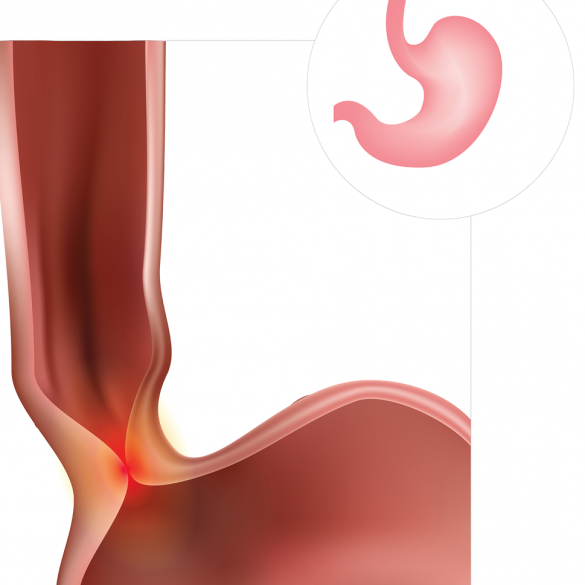 AchalasiaWhat is Achalasia? Achalasia is a condition that affects the innervation of the esophagus and the lower esophageal sphincter. The lower esophageal sphincter is a muscle located between the esophagus and the stomach, responsible for relaxing and allowing the passage of food to the stomach.(...)
AchalasiaWhat is Achalasia? Achalasia is a condition that affects the innervation of the esophagus and the lower esophageal sphincter. The lower esophageal sphincter is a muscle located between the esophagus and the stomach, responsible for relaxing and allowing the passage of food to the stomach.(...)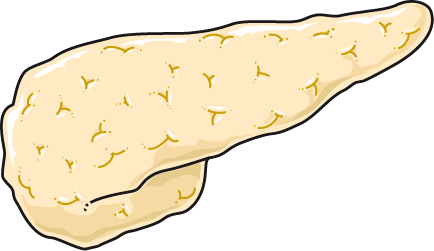 Acute pancreatitis What is Acute Pancreatitis? Acute pancreatitis is an inflammatory condition of the pancreas, which is a gland located in the abdomen, responsible for the production of digestive enzymes and hormones, such as insulin. Acute pancreatitis occurs when these digestive enzymes are activated within(...)
Acute pancreatitis What is Acute Pancreatitis? Acute pancreatitis is an inflammatory condition of the pancreas, which is a gland located in the abdomen, responsible for the production of digestive enzymes and hormones, such as insulin. Acute pancreatitis occurs when these digestive enzymes are activated within(...)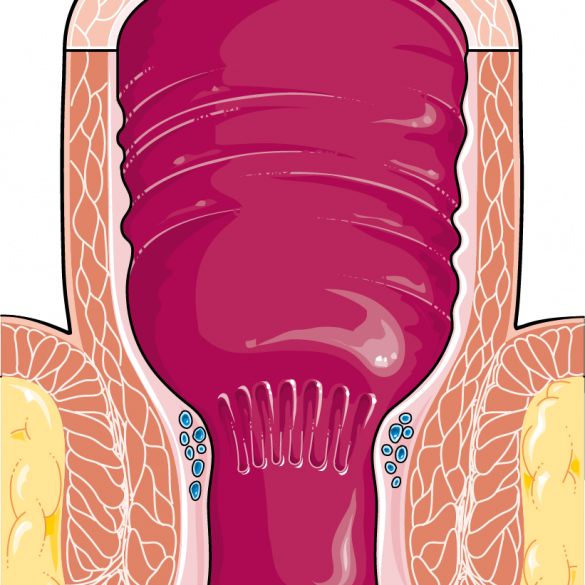 Anal FissureWhat is Anal Fissure? An anal fissure is a wound or a small cut that occurs in the delicate skin of the anal canal. Usually, this condition is caused by trauma or excessive straining during the passage of stools. Anal fissure is more common in young adults and can cause significant(...)
Anal FissureWhat is Anal Fissure? An anal fissure is a wound or a small cut that occurs in the delicate skin of the anal canal. Usually, this condition is caused by trauma or excessive straining during the passage of stools. Anal fissure is more common in young adults and can cause significant(...)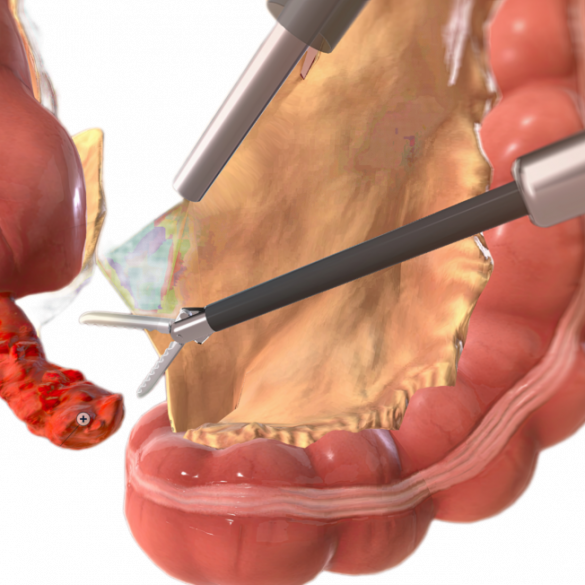 AppendectomyWhat is Appendectomy? Appendectomy is a surgical procedure performed to remove the inflamed appendix, known as appendicitis. The appendix is a small finger-shaped pouch, located at the junction of the large intestine with the small intestine. When the appendix becomes inflamed and infected,(...)
AppendectomyWhat is Appendectomy? Appendectomy is a surgical procedure performed to remove the inflamed appendix, known as appendicitis. The appendix is a small finger-shaped pouch, located at the junction of the large intestine with the small intestine. When the appendix becomes inflamed and infected,(...)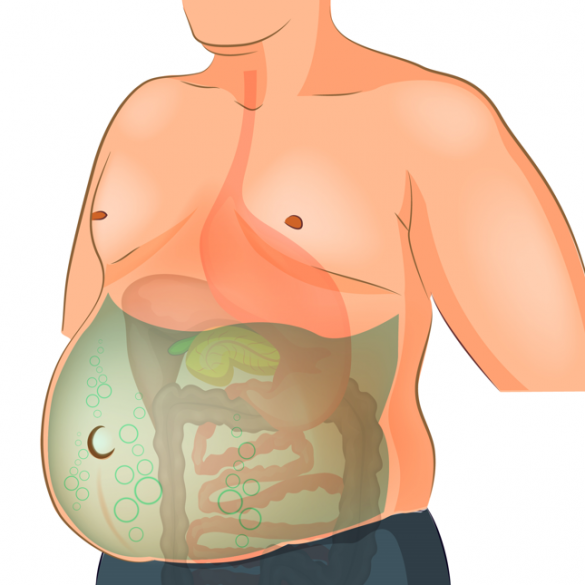 Ascites What is Ascites? Ascites is a condition in which there is an abnormal accumulation of fluid in the abdominal cavity. This condition is often a sign of an underlying problem, such as liver disease, heart failure, abdominal cancer, or infections. Understanding ascites and seeking(...)
Ascites What is Ascites? Ascites is a condition in which there is an abnormal accumulation of fluid in the abdominal cavity. This condition is often a sign of an underlying problem, such as liver disease, heart failure, abdominal cancer, or infections. Understanding ascites and seeking(...)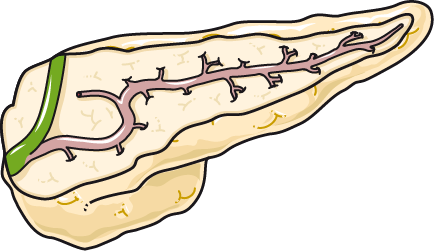 Chronic Pancreatitis What is Chronic Pancreatitis? Chronic pancreatitis is an inflammatory condition of the pancreas that occurs over time. Unlike acute pancreatitis, which is a sudden and intense inflammation, chronic pancreatitis is characterized by persistent and recurrent inflammation of the pancreas. This(...)
Chronic Pancreatitis What is Chronic Pancreatitis? Chronic pancreatitis is an inflammatory condition of the pancreas that occurs over time. Unlike acute pancreatitis, which is a sudden and intense inflammation, chronic pancreatitis is characterized by persistent and recurrent inflammation of the pancreas. This(...)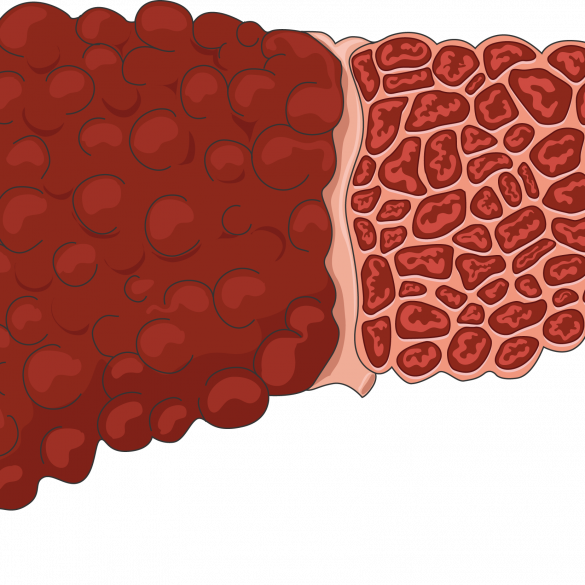 CirrhosisWhat is Cirrhosis? Cirrhosis is a chronic liver condition characterized by scarring and damage to the liver tissue. It is the advanced stage of various liver diseases, where healthy liver cells are replaced by fibrous tissue, resulting in progressive loss of liver function. How does it(...)
CirrhosisWhat is Cirrhosis? Cirrhosis is a chronic liver condition characterized by scarring and damage to the liver tissue. It is the advanced stage of various liver diseases, where healthy liver cells are replaced by fibrous tissue, resulting in progressive loss of liver function. How does it(...)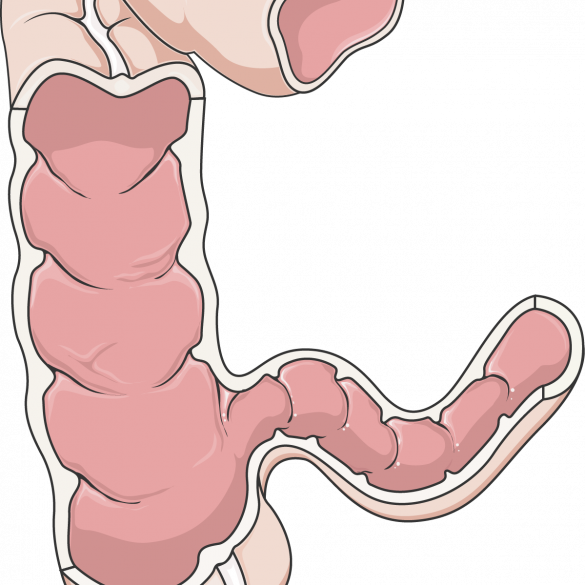 ColectomyColectomy is a surgical procedure that involves the total or partial removal of the colon. The colon is the part of the large intestine that plays a significant role in absorbing water and nutrients from food waste before its elimination from the body. Indicated for a variety of conditions,(...)
ColectomyColectomy is a surgical procedure that involves the total or partial removal of the colon. The colon is the part of the large intestine that plays a significant role in absorbing water and nutrients from food waste before its elimination from the body. Indicated for a variety of conditions,(...)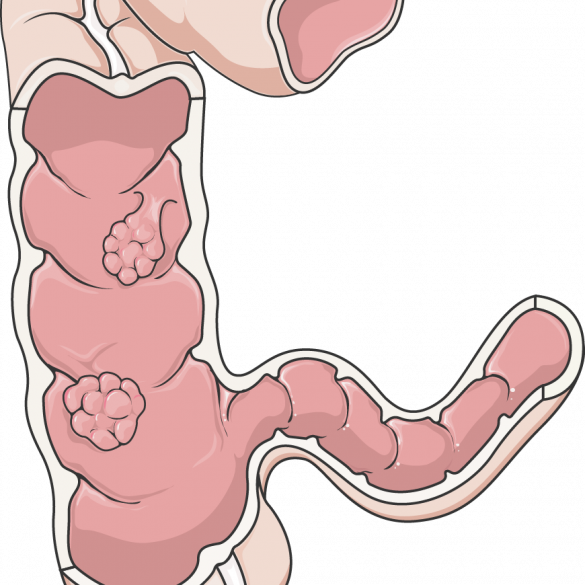 Colon and Rectal PolypsWhat are Colon and Rectum Polyps? Colon and rectum polyps are abnormal growths that form on the inner wall of the large intestine. These polyps can vary in size, shape, and characteristics, and are usually benign. However, some polyps can become cancerous over time, making monitoring and(...)
Colon and Rectal PolypsWhat are Colon and Rectum Polyps? Colon and rectum polyps are abnormal growths that form on the inner wall of the large intestine. These polyps can vary in size, shape, and characteristics, and are usually benign. However, some polyps can become cancerous over time, making monitoring and(...)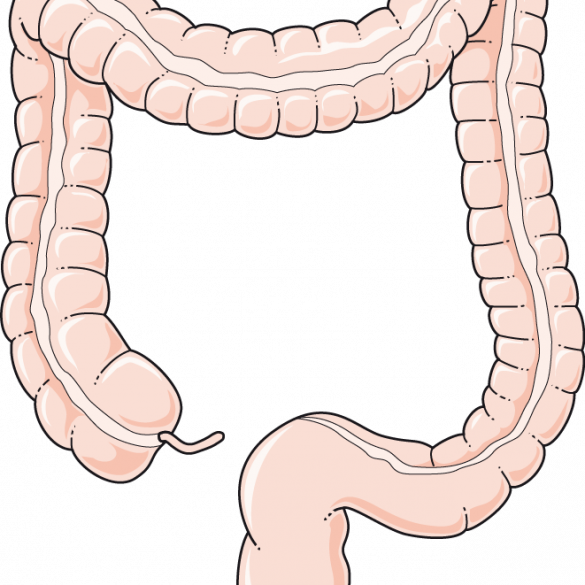 ColonoscopyColonoscopy is a medical examination that allows visualization of the interior of the colon and rectum. It is an important procedure for diagnosing and tracking various intestinal conditions, including colorectal cancer, polyps, intestinal inflammation, and bleeding. During a colonoscopy,(...)
ColonoscopyColonoscopy is a medical examination that allows visualization of the interior of the colon and rectum. It is an important procedure for diagnosing and tracking various intestinal conditions, including colorectal cancer, polyps, intestinal inflammation, and bleeding. During a colonoscopy,(...)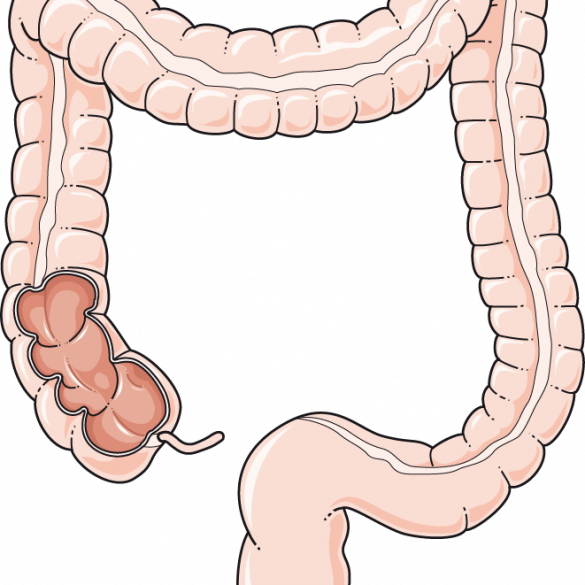 ColoproctologyColoproctology is a medical specialty dedicated to the study, diagnosis, and treatment of diseases that affect the colon, rectum, and anus. It is an area of medicine that covers a variety of conditions, from benign problems to serious diseases, such as colorectal cancer. The proctologist is(...)
ColoproctologyColoproctology is a medical specialty dedicated to the study, diagnosis, and treatment of diseases that affect the colon, rectum, and anus. It is an area of medicine that covers a variety of conditions, from benign problems to serious diseases, such as colorectal cancer. The proctologist is(...)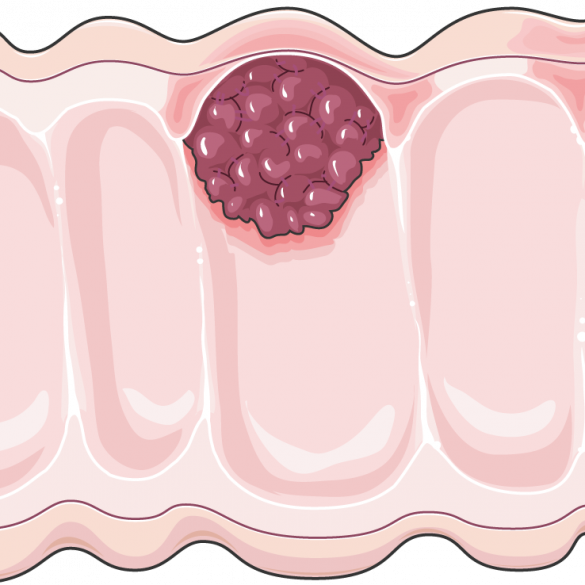 Colorectal CancerColorectal cancer is a malignant condition that affects the colon (large intestine) and rectum, parts of the digestive system responsible for absorbing water and nutrients from food. This type of cancer is one of the main causes of cancer-related death worldwide. How does it(...)
Colorectal CancerColorectal cancer is a malignant condition that affects the colon (large intestine) and rectum, parts of the digestive system responsible for absorbing water and nutrients from food. This type of cancer is one of the main causes of cancer-related death worldwide. How does it(...)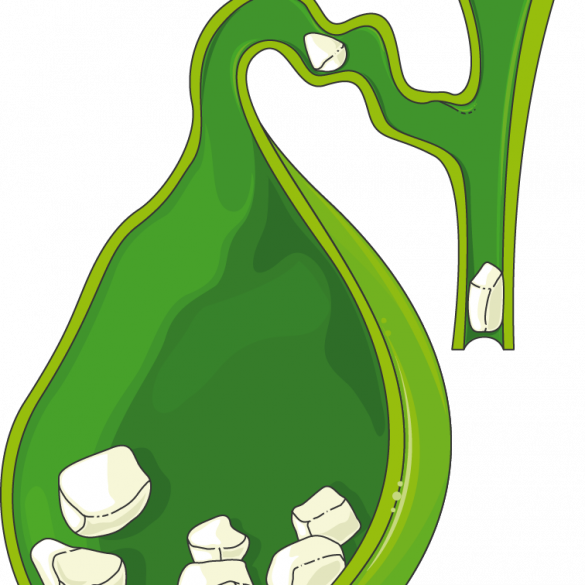 Common Bile Duct Stone (Choledocholithiasis)Choledocholithiasis is a condition characterized by the presence of stones in the common bile duct, also known as the choledochus. These stones can form in the common bile duct itself or migrate from the gallbladder, causing obstruction and affecting the normal flow of bile, which is essential(...)
Common Bile Duct Stone (Choledocholithiasis)Choledocholithiasis is a condition characterized by the presence of stones in the common bile duct, also known as the choledochus. These stones can form in the common bile duct itself or migrate from the gallbladder, causing obstruction and affecting the normal flow of bile, which is essential(...) ConstipationWhat is Constipation? Constipation, also known as bowel obstruction, is a condition characterized by persistent difficulty in evacuating feces or by infrequent bowel movements. It is a common problem that can affect people of all ages. Constipation can range from occasional episodes to(...)
ConstipationWhat is Constipation? Constipation, also known as bowel obstruction, is a condition characterized by persistent difficulty in evacuating feces or by infrequent bowel movements. It is a common problem that can affect people of all ages. Constipation can range from occasional episodes to(...)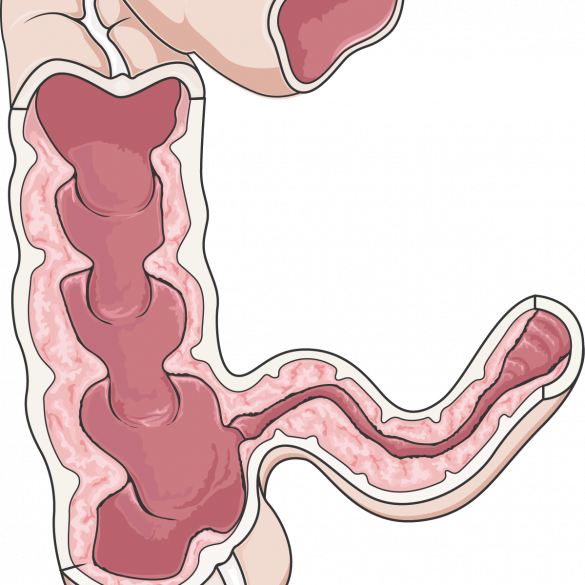 Crohn's DiseaseWhat is Crohn's Disease? Crohn's Disease is a chronic inflammatory condition that affects the gastrointestinal tract. It is a form of inflammatory bowel disease that can cause inflammation anywhere in the digestive system, from the mouth to the anus. Crohn's Disease is characterized by(...)
Crohn's DiseaseWhat is Crohn's Disease? Crohn's Disease is a chronic inflammatory condition that affects the gastrointestinal tract. It is a form of inflammatory bowel disease that can cause inflammation anywhere in the digestive system, from the mouth to the anus. Crohn's Disease is characterized by(...)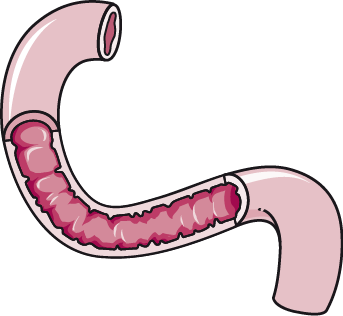 Duodenal Ulcer The duodenal ulcer is a lesion that forms in the lining of the duodenum, the initial part of the small intestine. This condition is characterized by the presence of a wound or erosion in the wall of the duodenum, which can cause pain and discomfort. How does it occur? The duodenal ulcer(...)
Duodenal Ulcer The duodenal ulcer is a lesion that forms in the lining of the duodenum, the initial part of the small intestine. This condition is characterized by the presence of a wound or erosion in the wall of the duodenum, which can cause pain and discomfort. How does it occur? The duodenal ulcer(...)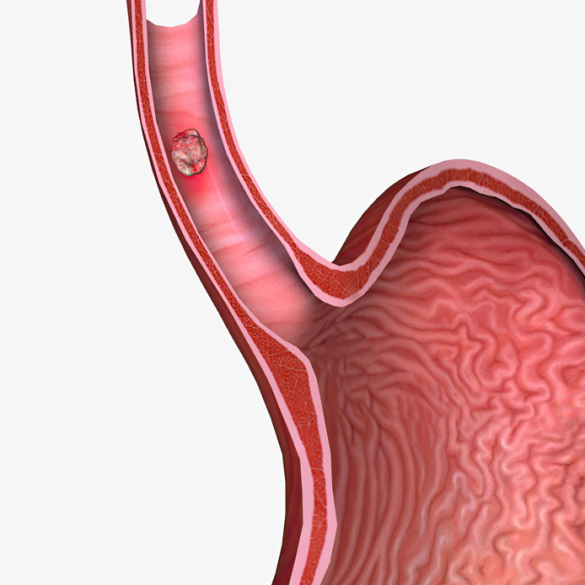 Esophageal CancerEsophageal cancer is a malignant disease that affects the inner lining of the esophagus, the muscular tube that connects the throat to the stomach. Esophageal cancer is a serious condition characterized by the abnormal growth of malignant cells in the inner lining of the esophagus, the tube(...)
Esophageal CancerEsophageal cancer is a malignant disease that affects the inner lining of the esophagus, the muscular tube that connects the throat to the stomach. Esophageal cancer is a serious condition characterized by the abnormal growth of malignant cells in the inner lining of the esophagus, the tube(...)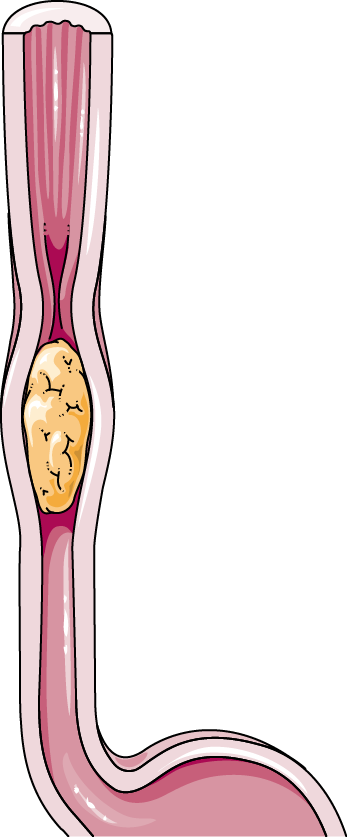 Esophageal manometryWhat is Esophageal Manometry? Esophageal manometry is a test performed to evaluate the functioning of the esophagus and the lower esophageal sphincter. The esophagus is a muscular tube that transports food and liquids from the mouth to the stomach, while the lower esophageal sphincter is the(...)
Esophageal manometryWhat is Esophageal Manometry? Esophageal manometry is a test performed to evaluate the functioning of the esophagus and the lower esophageal sphincter. The esophagus is a muscular tube that transports food and liquids from the mouth to the stomach, while the lower esophageal sphincter is the(...) Esophageal pHmetryEsophageal pH monitoring is a diagnostic procedure aimed at assessing the presence and severity of acid reflux in the esophagus. This technique is used when there is suspicion of gastroesophageal reflux, a condition in which the contents of the stomach return to the esophagus, causing(...)
Esophageal pHmetryEsophageal pH monitoring is a diagnostic procedure aimed at assessing the presence and severity of acid reflux in the esophagus. This technique is used when there is suspicion of gastroesophageal reflux, a condition in which the contents of the stomach return to the esophagus, causing(...)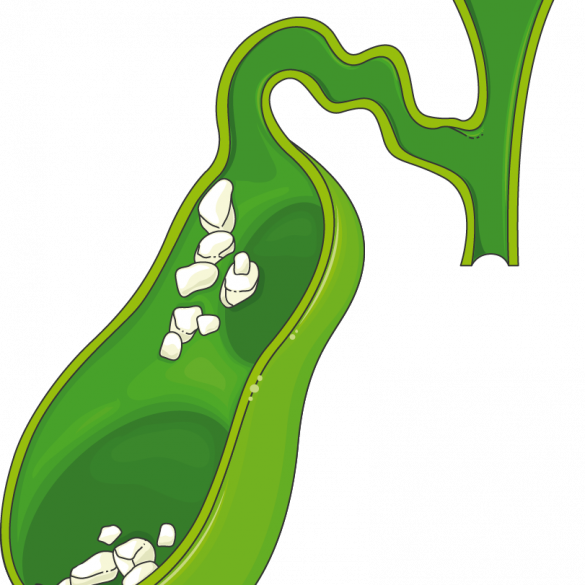 Gallbladder StoneGallstone, also known as cholelithiasis, is a condition characterized by the formation of stones in the gallbladder. These stones, called gallstones, are mainly composed of cholesterol or bilirubin, substances that are normally present in bile. How does it occur? The formation of gallstones(...)
Gallbladder StoneGallstone, also known as cholelithiasis, is a condition characterized by the formation of stones in the gallbladder. These stones, called gallstones, are mainly composed of cholesterol or bilirubin, substances that are normally present in bile. How does it occur? The formation of gallstones(...)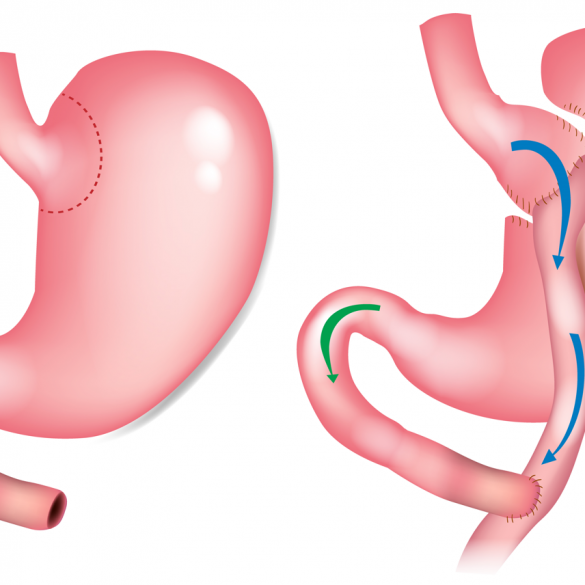 Gastric bypassGastric bypass is a surgical procedure aimed at assisting in the treatment of obesity and related conditions. In this intervention, the stomach is divided into two parts, creating a small reservoir in the upper part, which is then directly connected to the small intestine. This allows food to(...)
Gastric bypassGastric bypass is a surgical procedure aimed at assisting in the treatment of obesity and related conditions. In this intervention, the stomach is divided into two parts, creating a small reservoir in the upper part, which is then directly connected to the small intestine. This allows food to(...)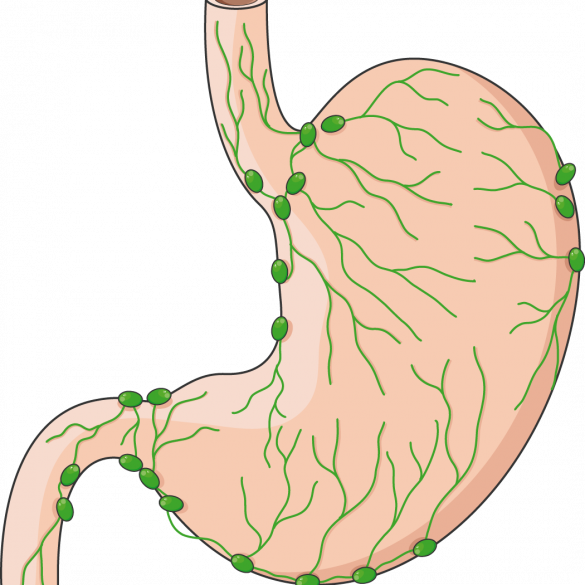 Gastric CancerGastric cancer, also known as stomach cancer, is a malignant condition that affects the cells of the stomach's inner lining. It is a complex and multifactorial disease, with several causes and risk factors involved in its development. Causes and risk factors The exact causes of gastric(...)
Gastric CancerGastric cancer, also known as stomach cancer, is a malignant condition that affects the cells of the stomach's inner lining. It is a complex and multifactorial disease, with several causes and risk factors involved in its development. Causes and risk factors The exact causes of gastric(...)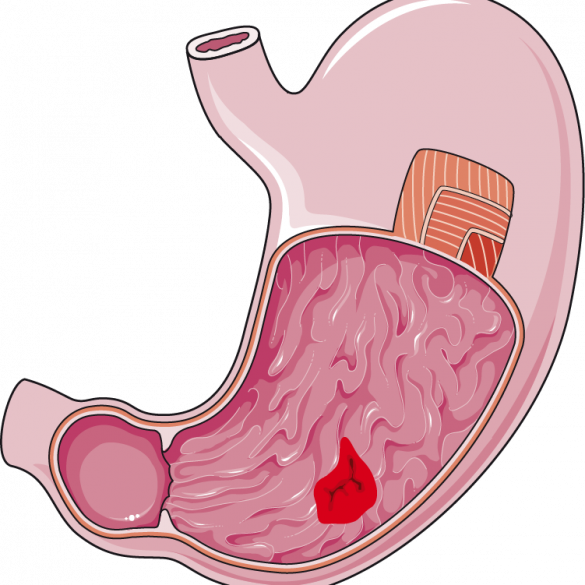 Gastric UlcerWhat is Gastric Ulcer? A gastric ulcer is a lesion that forms in the lining of the stomach, resulting from an imbalance between protective factors and factors that cause damage to the gastric mucosa. This condition can cause uncomfortable symptoms and, if not properly treated, can lead to more(...)
Gastric UlcerWhat is Gastric Ulcer? A gastric ulcer is a lesion that forms in the lining of the stomach, resulting from an imbalance between protective factors and factors that cause damage to the gastric mucosa. This condition can cause uncomfortable symptoms and, if not properly treated, can lead to more(...)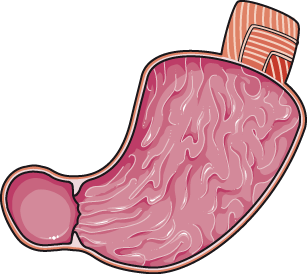 GastritisWhat is Gastritis? Gastritis is a condition that involves inflammation of the mucosa of the inner lining of the stomach. This inflammation can be caused by various factors, such as bacterial infections, prolonged use of non-steroidal anti-inflammatory drugs (NSAIDs), excessive alcohol(...)
GastritisWhat is Gastritis? Gastritis is a condition that involves inflammation of the mucosa of the inner lining of the stomach. This inflammation can be caused by various factors, such as bacterial infections, prolonged use of non-steroidal anti-inflammatory drugs (NSAIDs), excessive alcohol(...)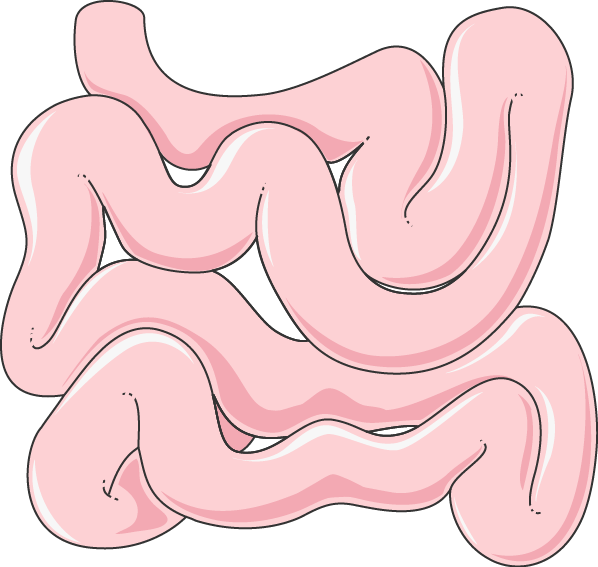 GastroenteritisWhat is Gastroenteritis? Gastroenteritis, also known as gastrointestinal infection, is a condition characterized by inflammation of the gastrointestinal tract, which involves the stomach and the small intestine. It is one of the main causes of acute gastrointestinal diseases worldwide.(...)
GastroenteritisWhat is Gastroenteritis? Gastroenteritis, also known as gastrointestinal infection, is a condition characterized by inflammation of the gastrointestinal tract, which involves the stomach and the small intestine. It is one of the main causes of acute gastrointestinal diseases worldwide.(...) GastroenterologistThe gastroenterologist is a highly specialized and fundamental professional in the field of medicine, dedicated to the study and treatment of diseases that affect the digestive system. This system is responsible for processing the food we ingest, allowing our body to obtain the essential(...)
GastroenterologistThe gastroenterologist is a highly specialized and fundamental professional in the field of medicine, dedicated to the study and treatment of diseases that affect the digestive system. This system is responsible for processing the food we ingest, allowing our body to obtain the essential(...)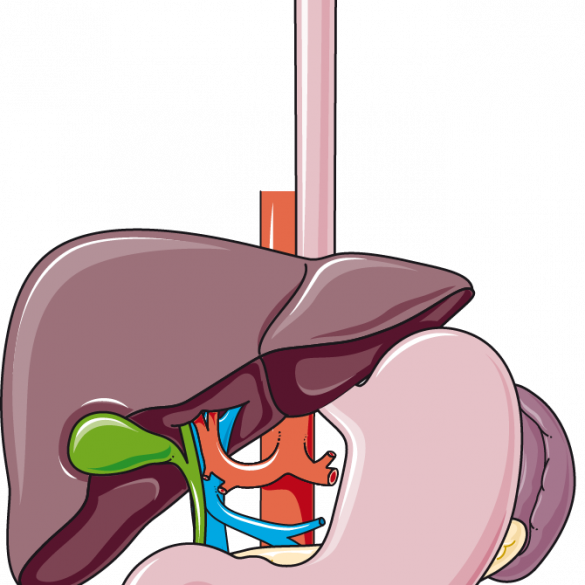 GastroenterologyGastroenterology is a medical specialty dedicated to the study and treatment of diseases of the gastrointestinal tract, which includes the esophagus, stomach, small intestine, large intestine, pancreas, liver, and gallbladder. This area of medicine is essential for taking care of digestive(...)
GastroenterologyGastroenterology is a medical specialty dedicated to the study and treatment of diseases of the gastrointestinal tract, which includes the esophagus, stomach, small intestine, large intestine, pancreas, liver, and gallbladder. This area of medicine is essential for taking care of digestive(...)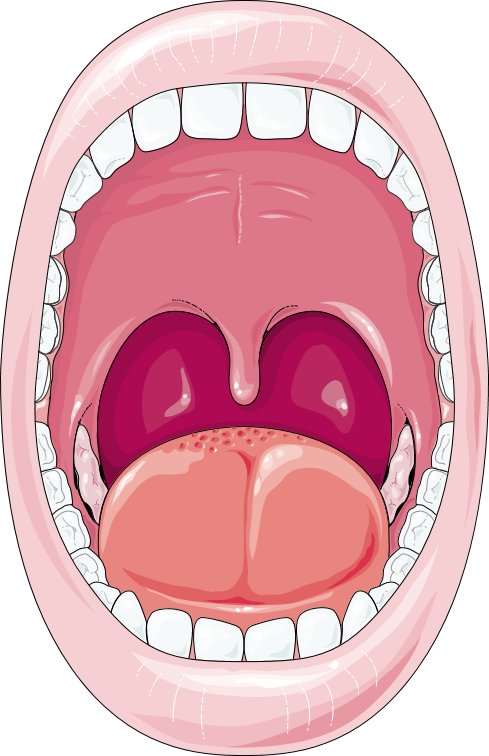 HalitosisHalitosis, commonly known as bad breath, is a condition that affects many people and can be a cause of embarrassment and social discomfort. This condition is characterized by an unpleasant odor that emanates from the mouth, which can be perceived by others when speaking or breathing. Oral(...)
HalitosisHalitosis, commonly known as bad breath, is a condition that affects many people and can be a cause of embarrassment and social discomfort. This condition is characterized by an unpleasant odor that emanates from the mouth, which can be perceived by others when speaking or breathing. Oral(...)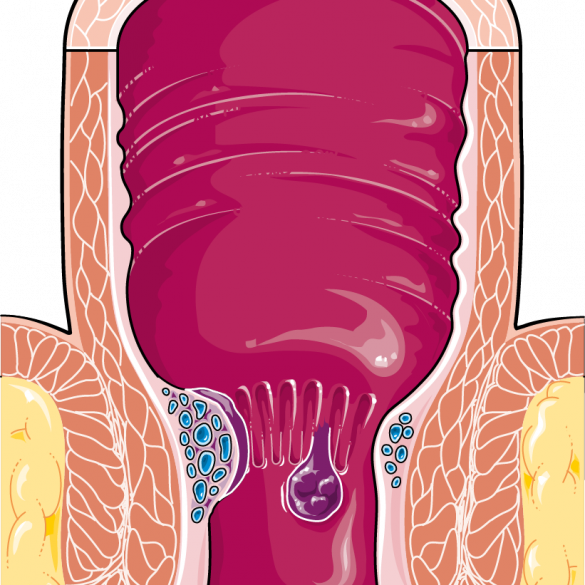 HemorrhoidsWhat are Hemorrhoids? Hemorrhoids are swollen and dilated veins in the anus and lower rectum. They can be internal, when they develop inside the anus, or external, when they protrude out of the anus. Hemorrhoids can cause discomfort and bleeding, especially during bowel movements. How do(...)
HemorrhoidsWhat are Hemorrhoids? Hemorrhoids are swollen and dilated veins in the anus and lower rectum. They can be internal, when they develop inside the anus, or external, when they protrude out of the anus. Hemorrhoids can cause discomfort and bleeding, especially during bowel movements. How do(...)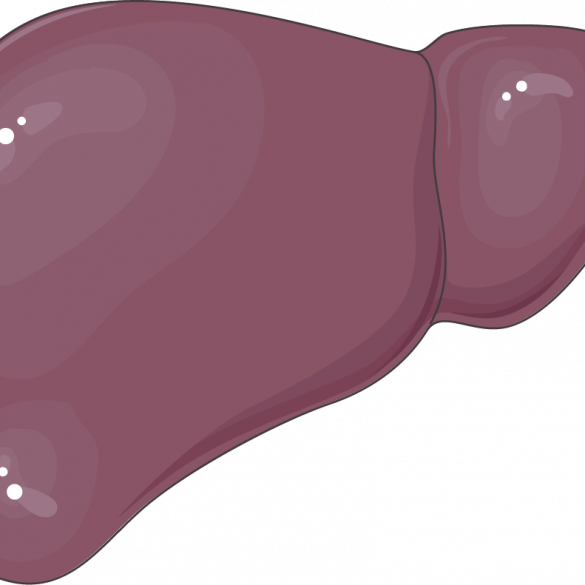 Hepatic Steatosis What is Hepatic Steatosis? Hepatic steatosis, also known as fatty liver, is a condition in which there is excessive accumulation of fat in the liver cells. The liver normally contains small amounts of fat, but when this accumulation becomes excessive, it can lead to damage and compromise(...)
Hepatic Steatosis What is Hepatic Steatosis? Hepatic steatosis, also known as fatty liver, is a condition in which there is excessive accumulation of fat in the liver cells. The liver normally contains small amounts of fat, but when this accumulation becomes excessive, it can lead to damage and compromise(...) Hepatologist 1. What is a hepatologist? A hepatologist is a doctor specialized in the study, diagnosis, and treatment of diseases that affect the liver and bile ducts. This area of medicine is known as hepatology. 2. When should I seek a hepatologist? You should consult a hepatologist if you are(...)
Hepatologist 1. What is a hepatologist? A hepatologist is a doctor specialized in the study, diagnosis, and treatment of diseases that affect the liver and bile ducts. This area of medicine is known as hepatology. 2. When should I seek a hepatologist? You should consult a hepatologist if you are(...)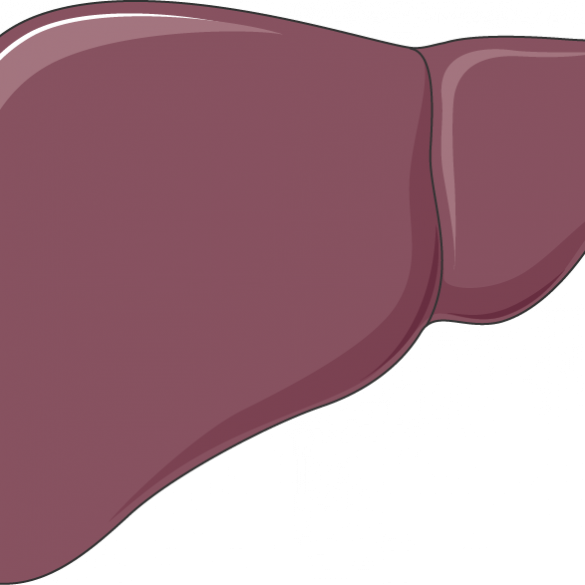 HepatologyWhat is Hepatology? Hepatology is the area of medicine specialized in the study, diagnosis, and treatment of liver diseases. The liver plays a crucial role in the body, being responsible for various functions, such as metabolism, bile production, vitamin storage, and filtering harmful(...)
HepatologyWhat is Hepatology? Hepatology is the area of medicine specialized in the study, diagnosis, and treatment of liver diseases. The liver plays a crucial role in the body, being responsible for various functions, such as metabolism, bile production, vitamin storage, and filtering harmful(...)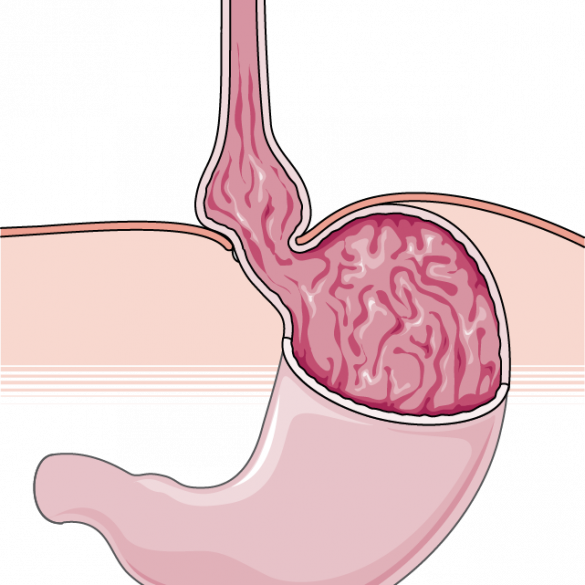 Hiatal HerniaWhat is Hiatal Hernia? A hiatal hernia is a condition in which a part of the stomach protrudes through an opening called the esophageal hiatus, located in the diaphragm. The diaphragm is a muscle that separates the chest from the abdomen and has an opening through which the esophagus passes.(...)
Hiatal HerniaWhat is Hiatal Hernia? A hiatal hernia is a condition in which a part of the stomach protrudes through an opening called the esophageal hiatus, located in the diaphragm. The diaphragm is a muscle that separates the chest from the abdomen and has an opening through which the esophagus passes.(...)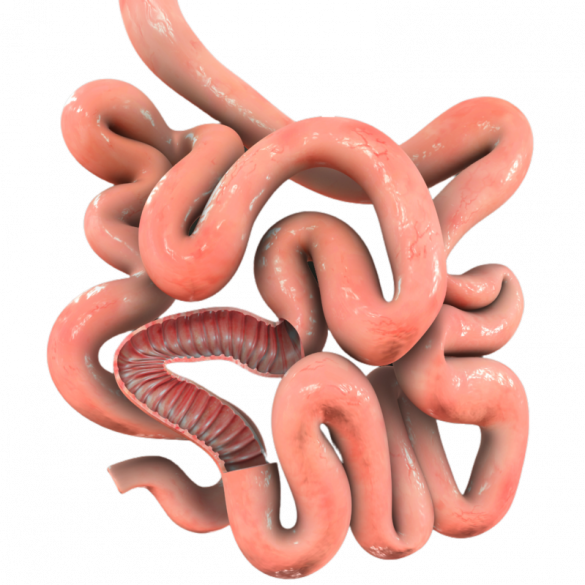 Intestinal AdhesionsWhat are Intestinal Adhesions? Intestinal adhesions are formations of scar tissue that develop within the abdominal cavity. They occur as a result of previous abdominal surgeries, abdominal inflammation, or abdominal injuries. These adhesions can cause the joining of organs and tissues that(...)
Intestinal AdhesionsWhat are Intestinal Adhesions? Intestinal adhesions are formations of scar tissue that develop within the abdominal cavity. They occur as a result of previous abdominal surgeries, abdominal inflammation, or abdominal injuries. These adhesions can cause the joining of organs and tissues that(...)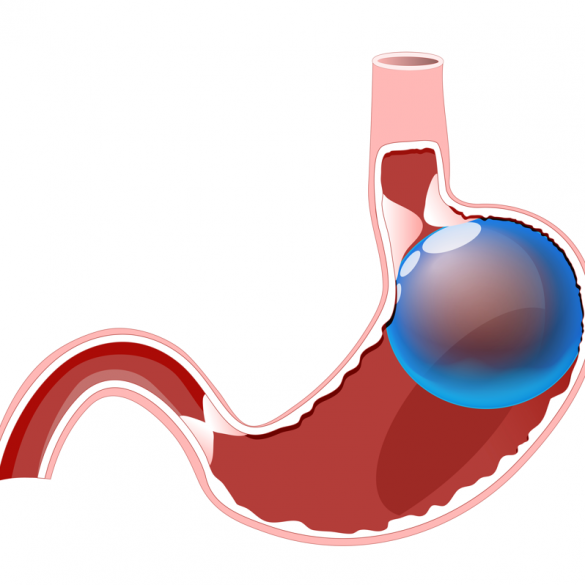 Intragastric balloonThe intragastric balloon is a non-surgical alternative to assist in the weight loss process. It consists of a silicone balloon that is placed in the stomach and filled with saline solution, occupying space and reducing the organ's capacity. This procedure is indicated for people who have(...)
Intragastric balloonThe intragastric balloon is a non-surgical alternative to assist in the weight loss process. It consists of a silicone balloon that is placed in the stomach and filled with saline solution, occupying space and reducing the organ's capacity. This procedure is indicated for people who have(...)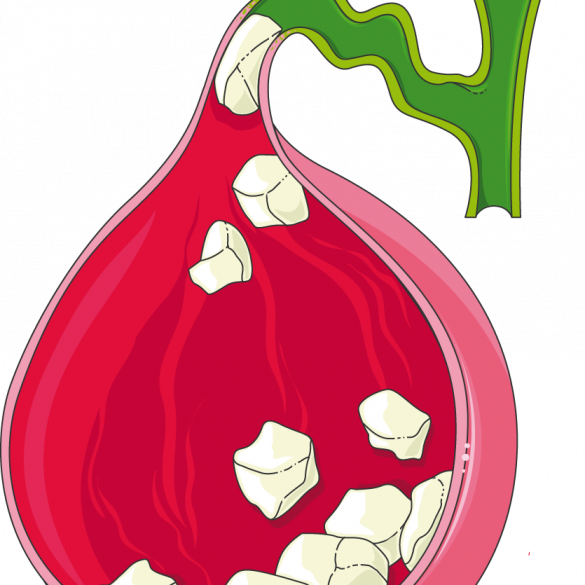 Laparoscopic CholecystectomyWhat is Laparoscopic Cholecystectomy? Laparoscopic cholecystectomy is a minimally invasive surgical procedure performed to remove the gallbladder. The gallbladder is an organ located below the liver, responsible for storing bile, which is released into the intestine to aid in the digestion of(...)
Laparoscopic CholecystectomyWhat is Laparoscopic Cholecystectomy? Laparoscopic cholecystectomy is a minimally invasive surgical procedure performed to remove the gallbladder. The gallbladder is an organ located below the liver, responsible for storing bile, which is released into the intestine to aid in the digestion of(...) Pancreatic CancerPancreatic cancer is a malignant disease that affects the cells of the pancreas, an organ located in the upper part of the abdomen, behind the stomach. It is considered one of the most aggressive types of cancer, due to its invasive nature and the lack of specific early symptoms, which often(...)
Pancreatic CancerPancreatic cancer is a malignant disease that affects the cells of the pancreas, an organ located in the upper part of the abdomen, behind the stomach. It is considered one of the most aggressive types of cancer, due to its invasive nature and the lack of specific early symptoms, which often(...) Polypectomy Polypectomy is an essential medical procedure when it comes to the removal of polyps, small bumps or protrusions that form in some parts of the body, such as the intestine or the cervix. These polyps can be benign, but in some cases, they can become cancerous if not treated properly. This(...)
Polypectomy Polypectomy is an essential medical procedure when it comes to the removal of polyps, small bumps or protrusions that form in some parts of the body, such as the intestine or the cervix. These polyps can be benign, but in some cases, they can become cancerous if not treated properly. This(...)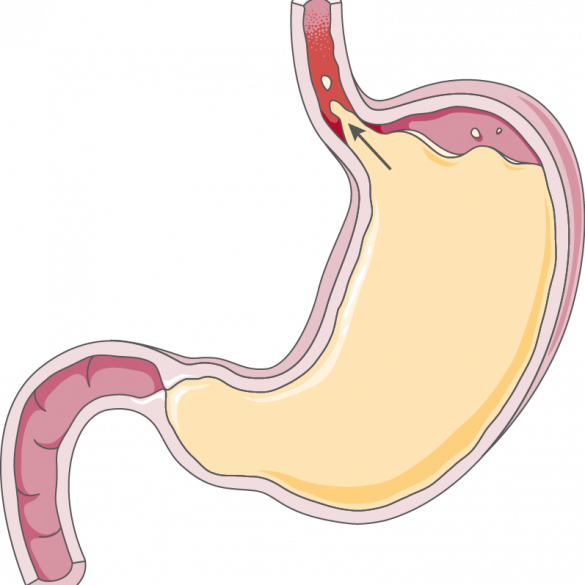 Reflux Esophagitis What is Reflux Esophagitis? Reflux esophagitis is a condition in which inflammation of the inner lining of the esophagus occurs due to the reflux of stomach acid. The esophagus is the tube that connects the throat to the stomach and stomach acid is responsible for digesting food. When(...)
Reflux Esophagitis What is Reflux Esophagitis? Reflux esophagitis is a condition in which inflammation of the inner lining of the esophagus occurs due to the reflux of stomach acid. The esophagus is the tube that connects the throat to the stomach and stomach acid is responsible for digesting food. When(...)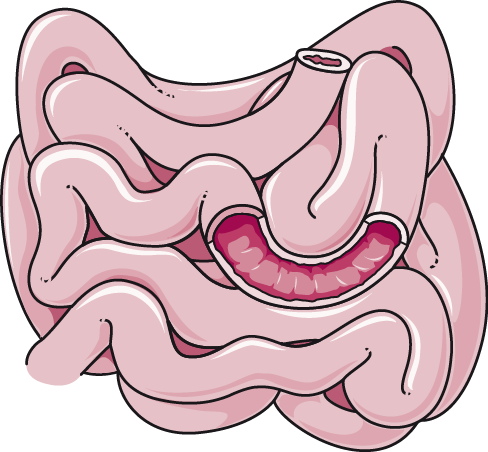 Small Intestine Bacterial Overgrowth Small intestinal bacterial overgrowth is a condition in which there is an abnormal increase in the number of bacteria in the small intestine. Normally, the small intestine contains a controlled amount of bacteria, but when this balance is disturbed, there is an excessive growth of these(...)
Small Intestine Bacterial Overgrowth Small intestinal bacterial overgrowth is a condition in which there is an abnormal increase in the number of bacteria in the small intestine. Normally, the small intestine contains a controlled amount of bacteria, but when this balance is disturbed, there is an excessive growth of these(...)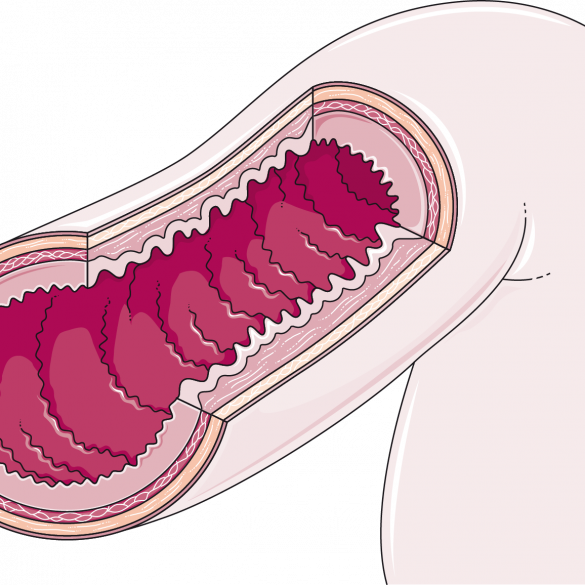 Ulcerative Colitis Ulcerative colitis is a chronic inflammatory bowel disease that primarily affects the colon and rectum. It is characterized by continuous inflammation and ulceration of these regions of the intestine, resulting in uncomfortable and sometimes debilitating symptoms. How does it occur? The exact(...)
Ulcerative Colitis Ulcerative colitis is a chronic inflammatory bowel disease that primarily affects the colon and rectum. It is characterized by continuous inflammation and ulceration of these regions of the intestine, resulting in uncomfortable and sometimes debilitating symptoms. How does it occur? The exact(...) Upper Digestive EndoscopyWhat is Upper Gastrointestinal Endoscopy? Upper gastrointestinal endoscopy is a medical procedure performed to examine the upper digestive tract, including the esophagus, stomach, and the first part of the small intestine, called the duodenum. Also known as gastroscopy, this technique allows(...)
Upper Digestive EndoscopyWhat is Upper Gastrointestinal Endoscopy? Upper gastrointestinal endoscopy is a medical procedure performed to examine the upper digestive tract, including the esophagus, stomach, and the first part of the small intestine, called the duodenum. Also known as gastroscopy, this technique allows(...)
